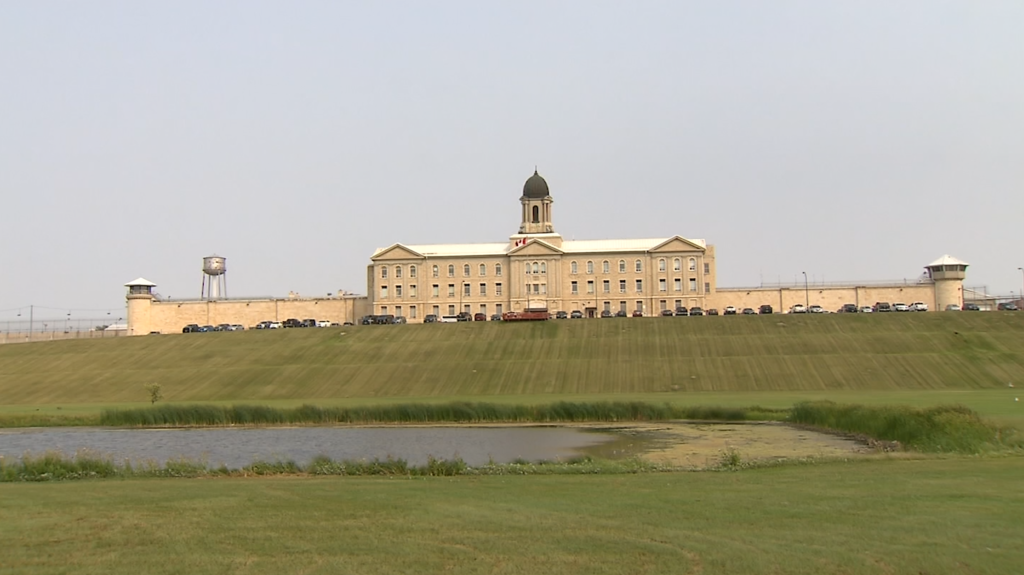Canadians aged 18-34 ‘most concerned’ about getting monkeypox: poll

Posted August 11, 2022 9:10 am.
Last Updated August 11, 2022 9:23 am.
A new poll finds Canadians aged 18-34 are the group in Canada most worried about contracting monkeypox, and would be the first to take a vaccine to ward off the virus.
The Maru Public Opinion poll released Thursday revealed just over one-third (36 per cent) of Canadians surveyed are concerned about contracting the virus.
However, 51 per cent of those “far more likely to be concerned” are in the youngest age bracket (18-34), compared to those (31 per cent) who are 35 and older. Those in the 18-34 group (30 per cent) are also more eager about getting the smallpox vaccine.
The poll also found that men (38 per cent) are slightly more likely than women (35 per cent) to be concerned about contracting the virus.
The World Health Organization (WHO) declared monkeypox a “public health emergency of international concern” on July 23, 2022.
The Public Health Agency of Canada (PHAC) reported 1,008 cases of monkeypox in Canada as of Aug. 10.
Monkeypox comes from the same family of viruses that cause smallpox, which the World Health Organization declared eradicated around the globe in 1980.
People who have been infected with the monkeypox virus, which is an orthopoxvirus, typically present with symptoms including fever, a rash, and swollen lymph nodes. According to WHO, the incubation period of the virus can range from five to 21 days.
Smallpox vaccines have proven effective in combating the monkeypox virus, and many jurisdictions across the country have rolled it out to some people over the past several weeks.
The Maru poll found that 79 per cent of Canadians surveyed are open to receiving the smallpox vaccine or booster shot at some point if needed. However, 21 per cent said they wouldn’t get one.
Canadians born in 1972 or later have not been routinely vaccinated against smallpox.
Keeping that in mind, one in five (22%) of Canadians said they would take the smallpox vaccine or booster now if it were made available, while four in 10 (38 per cent) would consider getting it after a public health emergency is declared in their province.
Of those polled, 61 per cent have confidence in both the federal and their provincial governments to manage a response to the current outbreak. Those who live in Quebec (73 per cent) are most likely to have confidence in their provincial government, followed by British Columbia (71 per cent), Atlantic Canada (63 per cent), Ontario (57 per cent), Manitoba/Saskatchewan (46 per cent), and Alberta (41 per cent).
The poll was conducted on August 8-9 and surveyed 1,513 randomly selected Canadian adults who are Maru Voice Canada online panellists. It has a margin of error of plus or minus 2.5 per cent, 19 times out of 20.
Click here to read more on the poll’s findings and detailed tables.
With files from Hana Mae Nassar of CityNews








